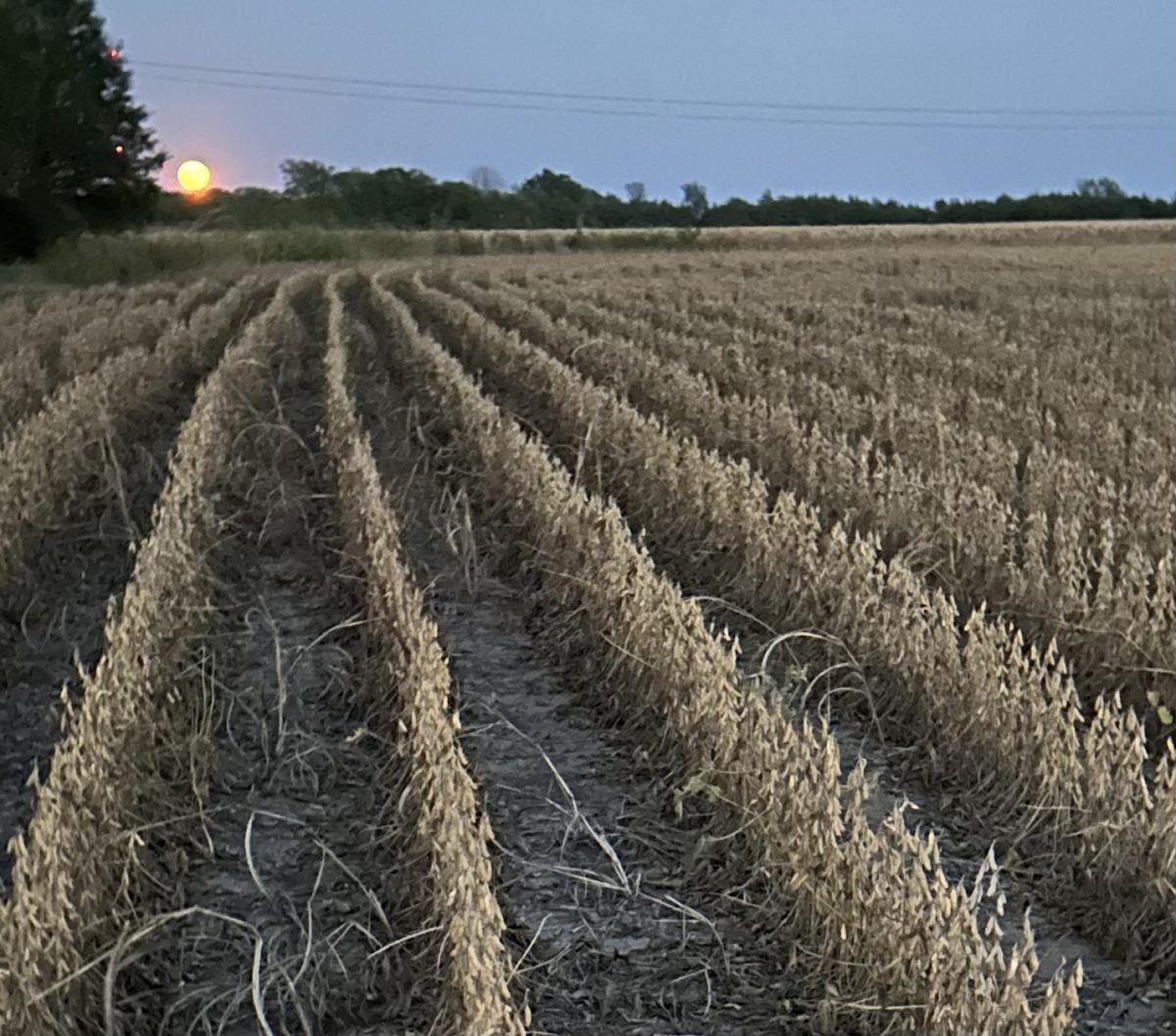“I counted my years and found that I have less time to live from here on than I have lived up to now.” Thus begins a poem by Mário Raul de Morais Andrade. He was a Brazilian poet, novelist, musicologist, art historian and critic, photographer. One version ends, “We have two lives. And the second begins when you realize you only have one.”
Of course if you are a reader, you live many lives and visit many worlds, real and fictional. But, in the end those will all dissolve into worm food. All except that which we pass on to other minds.
The poem reminds me that, “life is too short to drink bad wine; or bad coffee.” And causes me to reflect on the age-old questions of “who am I” and “why am I here.”
As I work with the chatGPT instance of Artificial Intelligence, it strikes me those questions are becoming more important. Robotics will provide tools for building things and AI will design what they build. What is the role of humans in this new world. A favorite view of this of mine is explored in the animated movie, WALL-E. Sitting in a recliner with a laptop arguing with people we don’t know and exchanging pictures of puppies seems to be the beginning of that trajectory.
I sit on the porch, look at the moon, and wonder.
